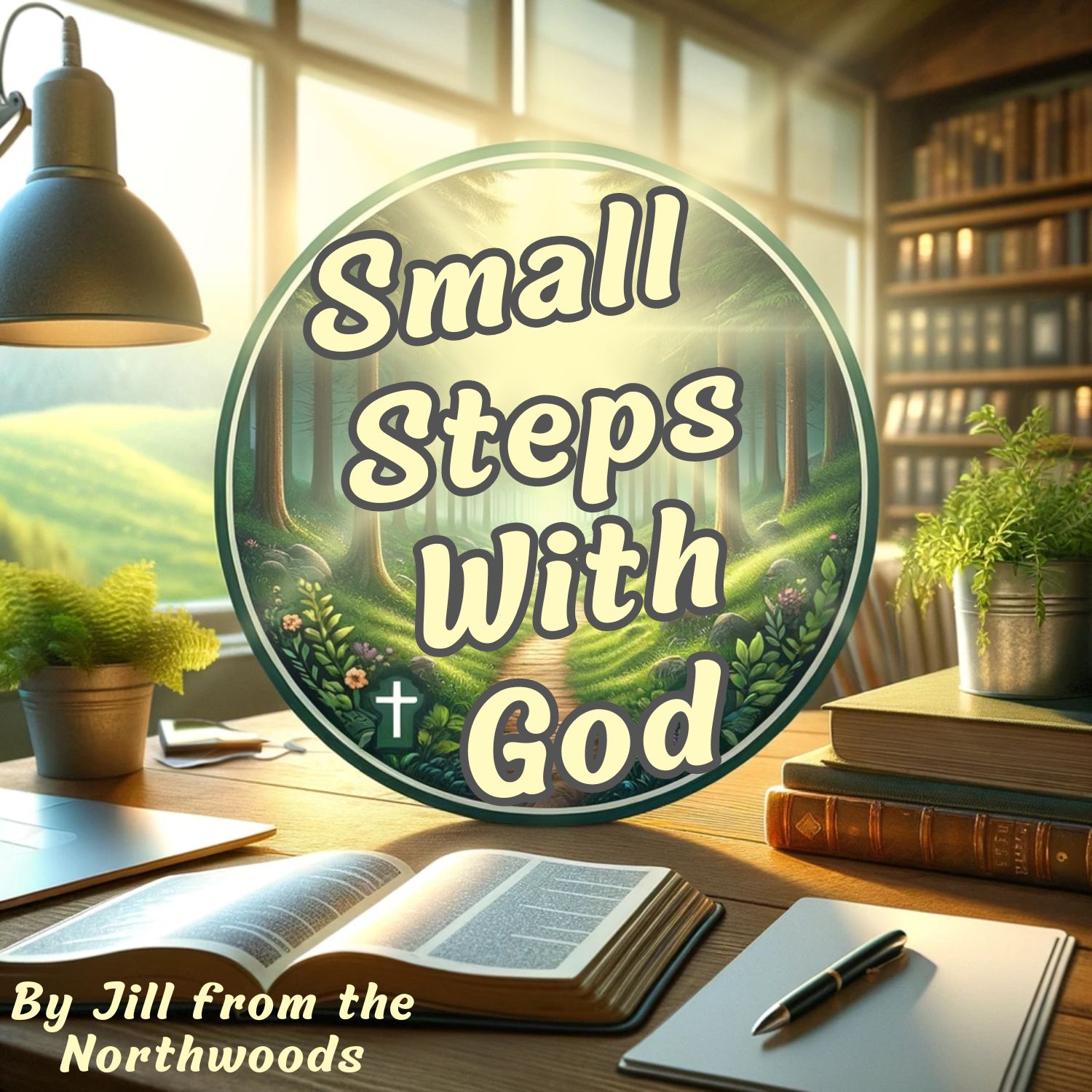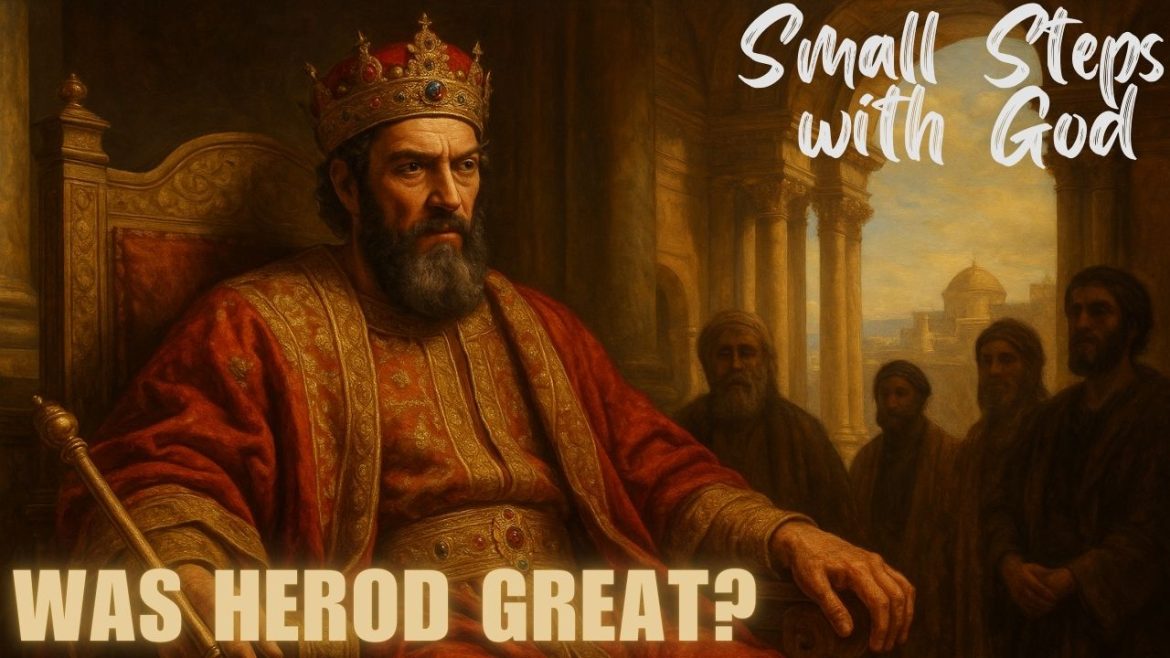In the vast story of ancient Judea, one figure stands out for his paradoxical legacy—Herod the Great. Known for grand architectural feats and infamous cruelty, Herod is a character who continues to provoke strong opinions. His name surfaces in the Christmas story as the tyrant who tried to kill baby Jesus, but history paints an even more complex picture. Was he a visionary leader or a paranoid despot? And how should we think about power, legacy, and faith in light of his life?
Herod’s Rise to Power
Herod’s story begins in a web of Roman politics and dynastic ambition. His father was close to Julius Caesar, and Herod himself built alliances with key Roman figures such as Mark Antony and Augustus. Born an Edomite with Nabataean ties, he wasn’t ethnically Jewish, but he was raised in Jewish customs. His ascent to power came with Rome’s blessing, first as a regional governor and later as the official “King of the Jews.”
This appointment didn’t come without cost. Many Jewish leaders saw him as a Roman puppet. To maintain control, he systematically eliminated threats—including members of the Hasmonean dynasty, his wife Miriam, and several of his own sons.
Master Builder of a Kingdom
Despite his brutal methods, Herod’s architectural achievements were remarkable. He transformed Judea’s landscape with a mixture of vanity, politics, and genuine infrastructure development. He rebuilt the Second Temple in Jerusalem, which became the centerpiece of Jewish worship until its destruction in 70 AD. His projects also included the fortress at Masada, the luxurious Herodium palace, the port city of Caesarea Maritima, and the Antonia Fortress.
These grand designs weren’t just for show—they were strategic. Fortresses provided safety from potential coups, while Roman-style cities and temples gained favor with both locals and Roman overlords.
Paranoia and Political Maneuvering
Herod’s reign was marked by deep insecurity. He shifted loyalties quickly after Antony and Cleopatra’s fall, securing his rule under Augustus. His paranoia, however, led him to eliminate almost anyone who might threaten his throne. The Roman Emperor Augustus once quipped, “It’s better to be Herod’s pig than his son,” a biting commentary on Herod’s brutality and twisted family dynamics.
His political savvy was undeniable. When Cleopatra tried to wrest land from him, Herod played along just enough to survive, even renting his own territory back from her while lobbying Antony for its return. After Antony’s demise, Herod successfully convinced Augustus to restore his authority.
Herod’s Complex Faith
Though Herod was raised Jewish, his religious identity was conflicted. He enforced Jewish customs like banning graven images on coins, but aligned heavily with Sadducees, who rejected prophets and the afterlife. He reshaped the Sanhedrin to mirror his own beliefs and loyalty, executing dissenting members and controlling the high priesthood.
His rebuilding of the Temple could be seen as a gesture of piety—or a calculated move to placate the public and cement his legacy. His balancing act between Roman politics and Jewish tradition made him both a protector and oppressor of his people.
Herod’s Death and His Dysfunctional Legacy
Herod’s death in 4 BC marked the end of a grisly chapter. His final illness was long and painful, with various theories including gangrene, kidney failure, or STDs. His funeral was lavish, fitting for a man who ruled with opulence.
His surviving sons continued his legacy with varying degrees of competence. Archelaus was exiled for cruelty. Antipas, the tetrarch of Galilee, played a role in the execution of John the Baptist. Philip the Tetrarch ruled peacefully and is seen as the most competent. The Herodian line continued to impact the New Testament narrative, providing the political backdrop to Jesus’ ministry.
Lessons for Today
Herod’s life offers modern readers several thought-provoking lessons:
- Power without morality is dangerous: Herod achieved great things materially, but his legacy is tainted by bloodshed and fear.
- Legacy is more than monuments: His grand buildings stand, but his name conjures dread rather than admiration.
- Faith and politics must be balanced with integrity: Herod tried to honor Jewish traditions while appeasing Rome, but his manipulative tactics eroded trust on both sides.
- Leadership involves stewardship, not control: His need for dominance led to paranoia, family destruction, and unrest.
Conclusion: The Greatness of Herod Reconsidered
Herod the Great was a master of political survival, a builder of cities, and a figure intertwined with some of history’s most pivotal events. Yet his “greatness” lies more in the scale of his ambitions than in the wisdom or compassion of his rule. While he didn’t influence Jesus’ adult ministry directly, he set the stage with his architecture, politics, and religious reforms. In the end, Herod leaves us with a powerful reflection on how ambition without virtue can shape—and scar—the course of history.

